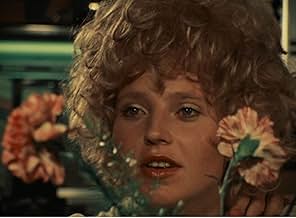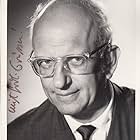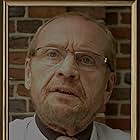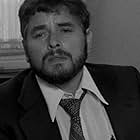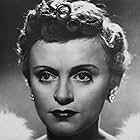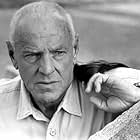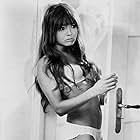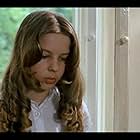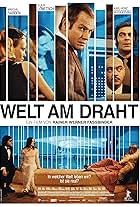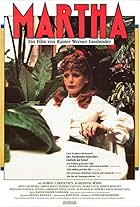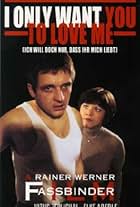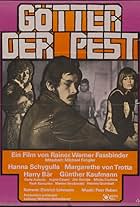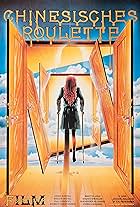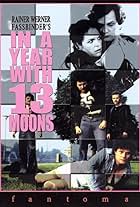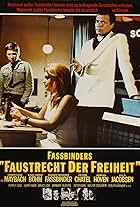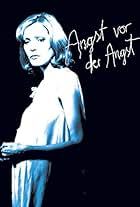The characters are: Jochen, a worker in a toolmaking factory, his girlfriend Marion, his parents and his grandmother Oma = Granny in German (Oma does not seem old enough to be Jochen's grandmother). Other characters: Monika, Jochen's sister, married to petty tyrant Harald, Oma's new partner Gregor and Irmgard, who works with Marion in a newspaper ad office.
There is some good material here, such as a realistic description of Jochen's factory, with power plays that pit the workers against management and occasionally against each other. Some of these are the improvement of a production line with scarce financial benefit to the workers and the election of a foreman and relocation of the factory against their will. The relationship between Jochen and Marion is depicted warmly and realistically, without excess sentimentality. Unfortunately, there are also cliches, mostly in happenings involving Oma. Her hoodwinking of a park keeper requires an otherworldly naiveté from the latter, and we are asked to believe that children prefer being "educated" in an improvised, crowded nursery/kindergarten rather than playing on the street or in a park. There are some contrived scenes. such as a group of children hemmed in by four cars at an intersection, or that of the second grandmother in Episode 3. Some characters like Harald and Marion's brother are mostly built from cliches.
On the positive side acting is excellent all around (with special mention for Hanna Schygulla) and the lush, color saturated cinematography by Dietrich Lohmann suits the action and the emotional temperature..
All in all, an irregular miniseries that has good moments but shows the seal of mass production and "goes Hollywood" a few times. It may not justify eight hours of your time.


